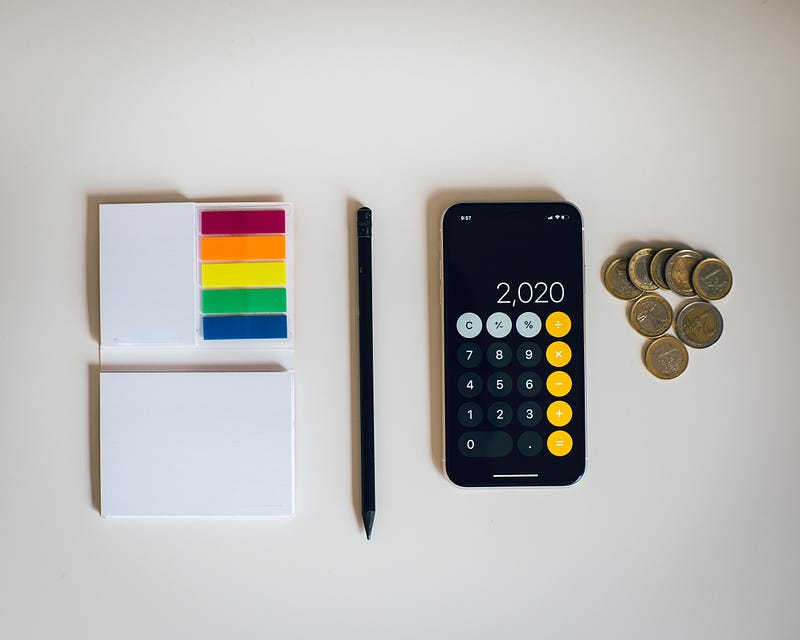The Essential First Step Towards Achieving Financial Freedom
Written on
Chapter 1: Understanding Financial Independence
When considering what the wealthiest 0.01% share in common, one might ask: what drives their success?

Photo by Amol Tyagi on Unsplash
Many individuals, regardless of how lucrative their job is, may not truly enjoy the work they do. It can feel akin to servitude. When working for someone else, the sensation of being shackled to the pursuit of money can be overwhelming. The fundamental principle of wealth creation is to stop laboring for money and instead find ways to make money serve you. Unfortunately, as employees, we often neglect this wisdom, trading our finite time for a paycheck. Our dependence on employers means we only earn income while we fulfill our job responsibilities.
You may ask, "How can I make money work for me?" While the concept is widely discussed by financial experts, the transition from employment to independence can be daunting. The stark reality is that you need capital to generate wealth, and without initial funds, it becomes challenging to set money in motion on your behalf.
For most individuals starting with little to no resources, the first logical step is to secure a job—unless you're fortunate enough to inherit wealth like Bezos, Zuckerberg, Gates, or Jobs.
While many people find employment, they often stall due to a common error: the budgeting blunder.
Section 1.1: The Importance of Budgeting
My experiences in fitness have taught me the significance of monitoring your energy expenditure. Without a clear understanding of what you consume and expend, it's nearly impossible to gauge your progress regarding weight and health.
Initially tracking calorie intake can reveal just how misled we often are about our eating habits, whether we underestimate or overestimate our consumption. This confusion can contribute to difficulties in achieving weight goals.
The same principle applies to financial management. If you neglect to keep an eye on your expenses, particularly the seemingly insignificant ones that accumulate, you'll find yourself trapped in a cycle of living paycheck to paycheck.
Consequently, the primary and most crucial step towards achieving financial independence is to meticulously track your monthly spending and establish a savings budget.
I utilize a user-friendly Google Sheets template to organize my monthly expenses. I begin by estimating my anticipated expenditures for the month, which informs how much I can allocate for investments. Then, I record my actual spending meticulously.
Subsection 1.1.1: Rethinking Your Purchases
Tracking expenses also entails reassessing your purchasing decisions. Do you really need that new jacket or the latest smartphone model? It's not about being frugal; we all require essentials like clothing, technology, and transportation. The key is to differentiate between genuine needs and mere wants, often driven by the desire to impress others.
If you're purchasing items solely to gain approval or admiration, consider investing that money in personal development instead. Often, women seek to enhance their appearance (through clothing and cosmetics), while men may focus on material possessions (cars, watches, homes).
A helpful guideline is to wait one month before making a significant purchase (excluding food or basic necessities) and to ensure you can afford an item at least twice over (four times is even better).
Chapter 2: The Path to Financial Independence
In summary, achieving financial independence hinges on making money work for you, providing a steady income even while you sleep. To start this journey, it's crucial to understand your spending habits and identify how much you can set aside.
Effective budgeting and expense tracking are vital tools for saving money each month and directing it towards productive investments. Avoid unnecessary expenditures and prioritize purchases that yield financial returns.
By diligently monitoring your expenses, saving, and investing wisely, you can break free from the cycle of financial dependence.